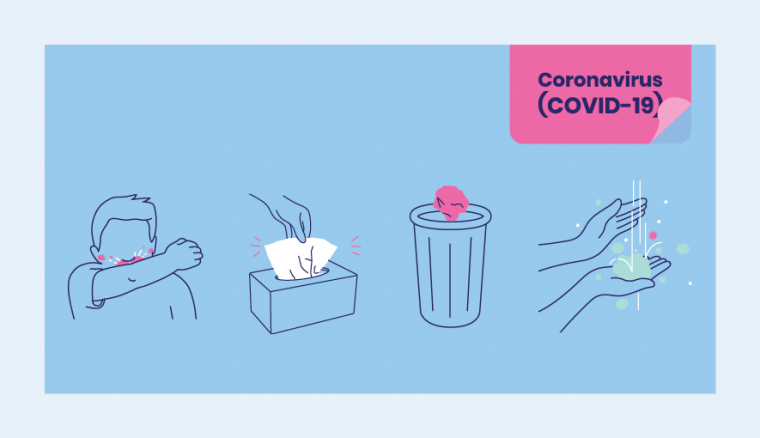Australian Government: Coronavirus (COVID-19) health alert
The World Health Organization has announced that COVID-19 is a pandemic. Find out how we are monitoring and responding to the outbreak, how you can help slow the spread of COVID-19 in Australia, and what to do if you have symptoms. We also report the latest official medical advice and case numbers.
- Current status
- How to protect yourself and others
- Symptoms and when to get tested
- If you’re concerned
- Additional advice
Current status
The situation is changing rapidly. Stay up to date with the latest information about the spread of COVID-19 and the steps being taken to slow the spread.
Stay informed
Read the latest announcements about COVID-19 and up-to-date advice for your situation.
Current status in Australia
For daily reports of reported COVID-19 cases, go to current situation and case numbers.
For what we’re doing to slow the spread, go to Government response to COVID-19.
How to protect yourself and others
Everyone must practise good hygiene to protect against infection and prevent the virus spreading.

If you have a confirmed case, you need to isolate yourself to prevent it spreading to other people.
What you can do
We can all help to slow the spread of COVID-19 in Australia.
Read protect yourself and others for advice on:
To help protect people most at risk, follow our advice on public gatherings and visits to vulnerable groups.
Symptoms and when to get tested
Symptoms
Symptoms include fever, coughing, sore throat, fatigue, and shortness of breath.
If you have serious symptoms such as difficulty breathing, call 000 for urgent medical help.
When to get tested
If you develop symptoms within 14 days of last contact with a confirmed case or of returning to Australia, you should seek medical attention. Your doctor will tell you if you need to get tested.
If you’re concerned
Call the National Coronavirus Helpline for advice. If you require translating or interpreting services, call 131 450.
National Coronavirus Helpline
Call this line if you are seeking information on coronavirus (COVID-19). The line operates 24 hours a day, seven days a week.1800 020 080
GP respiratory clinics
The Australian Government is establishing 100 GP Respiratory Clinics to assess people with fever, cough, a sore throat, or shortness of breath.
We are setting these clinics up over the next few weeks. Clinics in Ryde, NSW, and Morayfield, Qld, started operating on 21 March 2020.
If you’re not currently near Ryde, NSW, or Morayfield, Qld, there is no GP Respiratory Clinic in your area yet.
Visit your state or territory health department website for more information on state and territory fever clinics and other services.
If you are having a medical emergency, please call 000.
Additional advice
Travellers
Our advice for travellers provides information on airport and in-flight biosecurity measures, travel restrictions and other arrangements that apply.
Health and aged care sector
Our advice for the health and aged care sector includes Public Health Unit guidelines, epidemiology reports and other resources.



